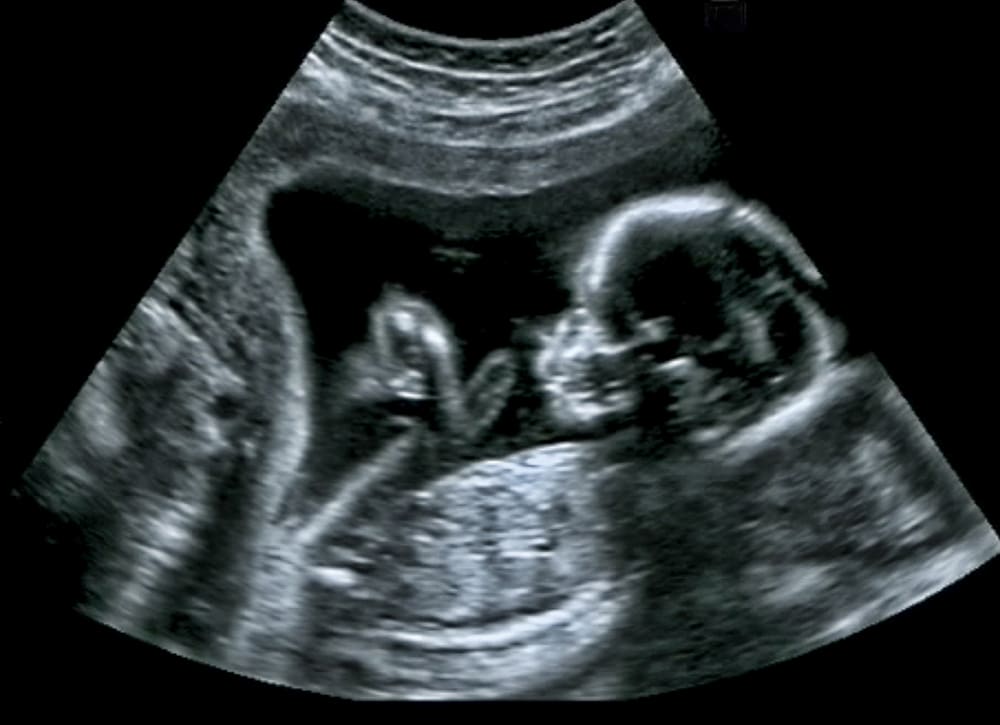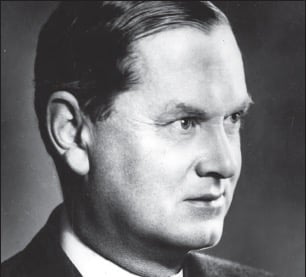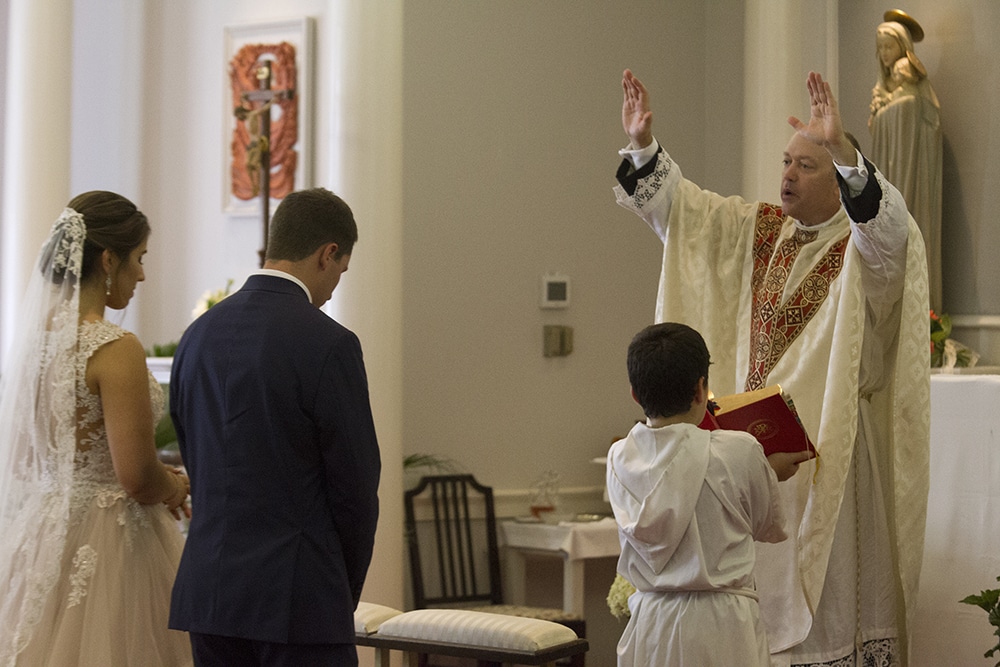 Question: In a pregnancy, we should acknowledge that there is the beginning of life. Is there more than one Scripture passage where God mentions that he knew that person while in the womb?
Question: In a pregnancy, we should acknowledge that there is the beginning of life. Is there more than one Scripture passage where God mentions that he knew that person while in the womb?
— Armel Audet, via email
Answer: There are indeed some. However, Scripture is even more radical in several places, indicating that God knew us even before we were conceived. For example, God said to Jeremiah, “Before I formed you in the womb I knew you” (Jer 1:5). And, in Psalm 139 the psalmist says to the Lord, “In your book all are written down; my days, before one came to be” (Ps 139:16). St. Paul also says, “For those [the Lord] foreknew he also predestined to be conformed to the image of his Son, so that he might be the firstborn among many brothers” (Rom 8:29).
Therefore, we see that God has known of us long before he created us. We do not randomly come to be; rather God has known us from eternity and intentionally caused all that was necessary so that we could exist. Every human being is the free, intentional and loving act of God. No one is here by mistake.
As for God knowing us in the womb there are other passages. Psalm 139 says:
“You formed my inmost being; you knit me in my mother’s womb. I praise you, because I am wonderfully made; wonderful are your works! My very self you know. My bones are not hidden from you, when I was being made in secret, fashioned in the depths of the earth. Your eyes saw me unformed” (Ps 139:13-16).
Job says: “Your hands have formed and fashioned me. … Remember that you fashioned me from clay!” (Job 10:8-9). In the same book it is also said of us: “Did not he who made me in the belly make them? Did not the same one fashion us both in the womb?” (Job 31:15). God also spoke to Rebekah, “Two nations are in your womb, and two peoples are separating while still within you; but one will be stronger than the other, and the older will serve the younger” (Gn 25:23). And, by God’s grace, John the Baptist recognized Jesus in the womb and rejoiced (Lk 1:41,44).
In such passages as these, we see that God not only knows of life in the womb, he is, by his own hands, knitting that life together and forming it at every stage. There is simply no way for a person who reads Scriptures such as these to conclude that any human life is a mistake. Abortion amounts to snatching the knitting out of God’s hands and saying, “This shall not be.”
Communion for divorced
Question: Jesus says, “Whoever divorces his wife causes her to commit adultery” (Mt 5:32), yet the Church says those who are divorced but not remarried can receive Communion. How is this so?
— Doris Fernandez, Philadelphia, PA
Answer: In the ancient Jewish world women had few options apart from marriage. Financially, it was difficult for a woman to be sustained apart from a relationship with a man, either her father when she was young, or her husband when she was of age. In this sense Jesus speaks of divorce as “causing” the woman to enter a second adulterous relationship.
A man who divorced her was therefore not free from guilt since he, in effect, pressured her to enter another marriage. Generally, today this sort of condition does not exist in the West and women are not pressured to remarry. Hence the Church teaches that if a divorced person does not remarry they can receive Communion.







